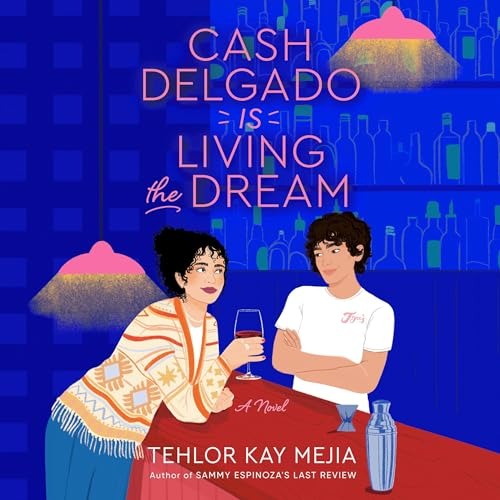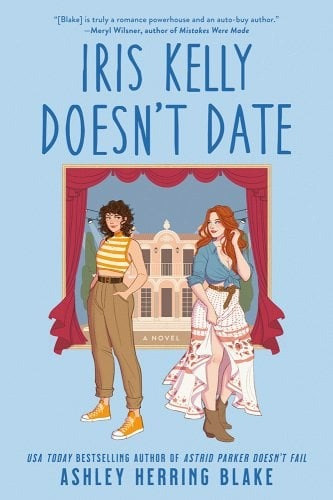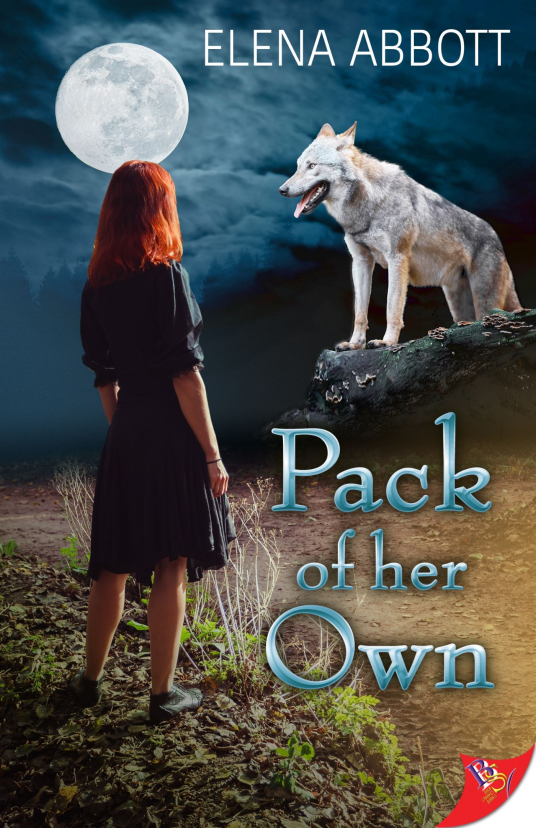Buy this from Bookshop.org to support local bookstores and the Lesbrary! Your enjoyment of Cash Delgado Is Living the Dream will depend heavily on how you feel about reading hundreds of pages of a truly oblivious queer main character. The kind of character who googles, “Can you be straight and have a sex dream aboutRead More
Iris Kelly Doesn’t Date Is a Satisfying End to Ashley Herring Blake’s Bright Falls Series
Buy this from Bookshop.org with a Lesbrary affiliate link! First, a confession: I never liked romance novel covers. For the first thirty-five years of my reading life, I had no idea what went on between the covers of romance novels (well, okay, I had some idea), but if it had anything to do with whatRead More
Nat reviews Pack of Her Own by Elena Abbott
Amazon Affiliate Link | Bookshop.org Affiliate Link I picked up this li’l werewolf book off of a Twitter recommendation – vampires, ghouls, shifters – I expected something of a campy read. Who knew we would be exploring identity, found family, and processing trauma from various angles? If you plopped down a literary fiction tome andRead More


